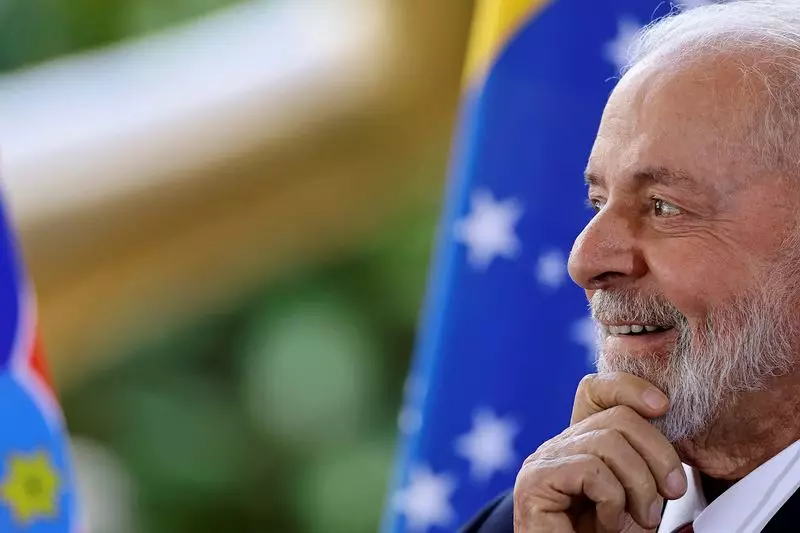President Luiz Inacio Lula da Silva of Brazil has expressed his willingness to consider Finance Minister Fernando Haddad’s suggestions for spending cuts. However, he has made it clear that any fiscal adjustments must not come at the expense of the poor. This statement comes amidst mounting pressure on the government to reduce expenditures and achieve a balance in public accounts.
President Lula emphasized the importance of avoiding unnecessary expenditures and highlighted the need to strike a balance between financial stability and social welfare. He stated that Finance Minister Haddad will have the opportunity to discuss his proposals with him in the coming week, indicating a collaborative approach to addressing economic challenges.
The recent rejection of a revenue-raising measure by the Senate raised concerns about Finance Minister Haddad’s influence and the government’s ability to implement necessary financial reforms. This development led to a sharp decline in market prices, reflecting investor worries about the country’s economic direction.
President Lula criticized the focus on Brazil’s fiscal deficit in the media, highlighting the significance of high interest rates in the country. He questioned the celebration of interest rate reductions by certain individuals, suggesting that they may be benefiting from these changes. The central bank chief’s recent recognition and participation in events have raised eyebrows, prompting discussions about political motives and potential implications for the economy.
Over the past months, Brazil has experienced a significant decrease in interest rates, accompanied by a rise in annual inflation levels. The upcoming rate-setting meeting will play a crucial role in determining the country’s monetary policy direction. President Lula’s commitment to inclusive financial policies and sustainable economic growth will be essential in navigating Brazil through its current challenges.
The balancing act between fiscal responsibility and social welfare remains a key priority for Brazil’s policymakers. Collaborative efforts between government officials, economic experts, and stakeholders will be necessary to address the country’s economic challenges and promote long-term stability. President Lula’s proactive stance on financial matters sets a positive tone for future policy discussions and actions.

